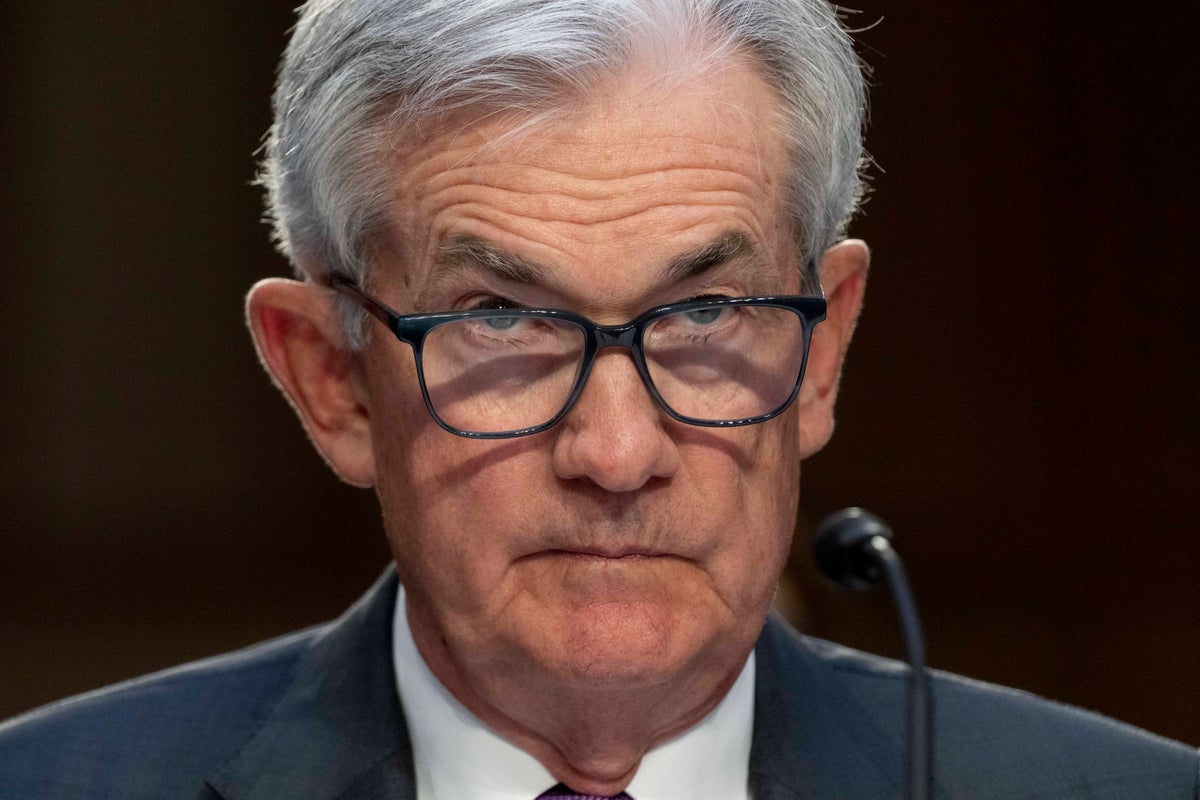
The Federal Reserve announced that it would raise interest rates by a quarter point on Wednesday as it attempted to reassure markets that the global banking system is secure.
The central bank announced that it would move its federal funds rate range to between 4.75 and 5 per cent.
“Recent indicators point to modest growth in spending and production,” the Federal Open Market Committee said in a statement. “Job gains have picked up in recent months and are running at a robust pace; the unemployment rate has remained low. Inflation remains elevated.”
The most recent hike marks nine consecutive interest rate increases as the Federal Reserve tries to tamp down inflation as a result of bottled up supply chains from Covid-19 and the war in Ukraine. Republicans have said that President Joe Biden’s American Rescue Plan Act increased the money supply, which drove inflation.
The central bank holds a dual mandate of keeping inflation low while also maintaining full employment. Typically, the Federal Reserve tries to keep inflation at 2 per cent.
“The Committee will closely monitor incoming information and assess the implications for monetary policy,” the statement said. “The Committee anticipates that some additional policy firming may be appropriate in order to attain a stance of monetary policy that is sufficiently restrictive to return inflation to 2 percent over time.”
Last week, the Bureau of Labor Statistics reported that 0.4 per cent in February and had increased 6 per cent in the past year, with housing contributing the most to the jump.
The Federal Reserve’s announcement also alluded to recent trouble with the financial system after the collape of Silicon Valley Bank earlier this month and the fall of Signature Bank.
“The U.S. banking system is sound and resilient,” the statement said. “Recent developments are likely to result in tighter credit conditions for households and businesses and to weigh on economic activity, hiring, and inflation. The extent of these effects is uncertain. The Committee remains highly attentive to inflation risks.”
Earlier this week, UBS agreed to buy Swiss banking giant Credit Suisse.
“The Committee would be prepared to adjust the stance of monetary policy as appropriate if risks emerge that could impede the attainment of the Committee's goals,” the committee said in its statement.







